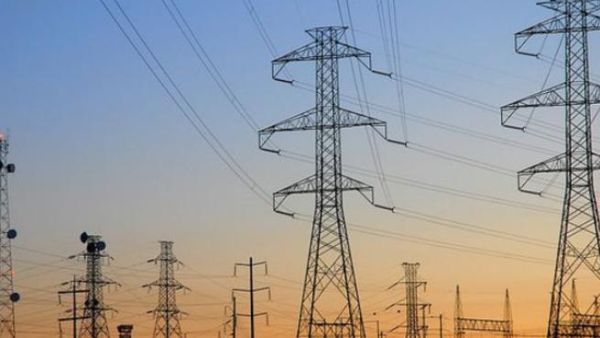The government is finalising a proposal to raise electricity rates by 18 per cent over a two-year period, an official said on Monday.
According to a Ministry of Energy source, the Cabinet is currently mulling a proposal to raise electricity prices by 5 per cent in 2013 and 13 per cent in 2014 to slash ballooning energy subsidies that are forecast to surpass JD2 billion by the end of this year.
Under the proposal, which would divide consumers into nine brackets based on energy use, average electricity prices would reach 178 fils per kilowatt-hour (kWh) in a bid to close the gap on the National Electric Power Company’s (NEPCO) 189 fils per kWh generation costs.
According to officials, the Cabinet has moved to postpone the electricity price hike due to its impending decision to lift fuel subsidies, expected by the end of the month.
“The government has decided to commit to ending energy subsidies, but all Cabinet members have agreed that now is not the right time to do it,” said the ministry source, who requested anonymity because he is not authorised to speak to the press.
Officials have repeatedly warned in recent weeks that the country can no longer maintain fuel and energy subsidies, which are expected to surpass JD2.2 billion by the end of the year and have pushed the budget deficit to some 72 per cent of the gross domestic product.
Due to ongoing subsidies, NEPCO currently sells electricity to consumers at an average of 72 fils, 60 per cent lower than its generation costs — support that is expected to push the state-backed power company’s budget deficit to a record JD4 billion by 2013.
NEPCO officials warn that due to rising fuel costs and its current JD2.4 billion deficit, the firm may be forced to impose scheduled blackouts across the country if electricity rates are not raised.








